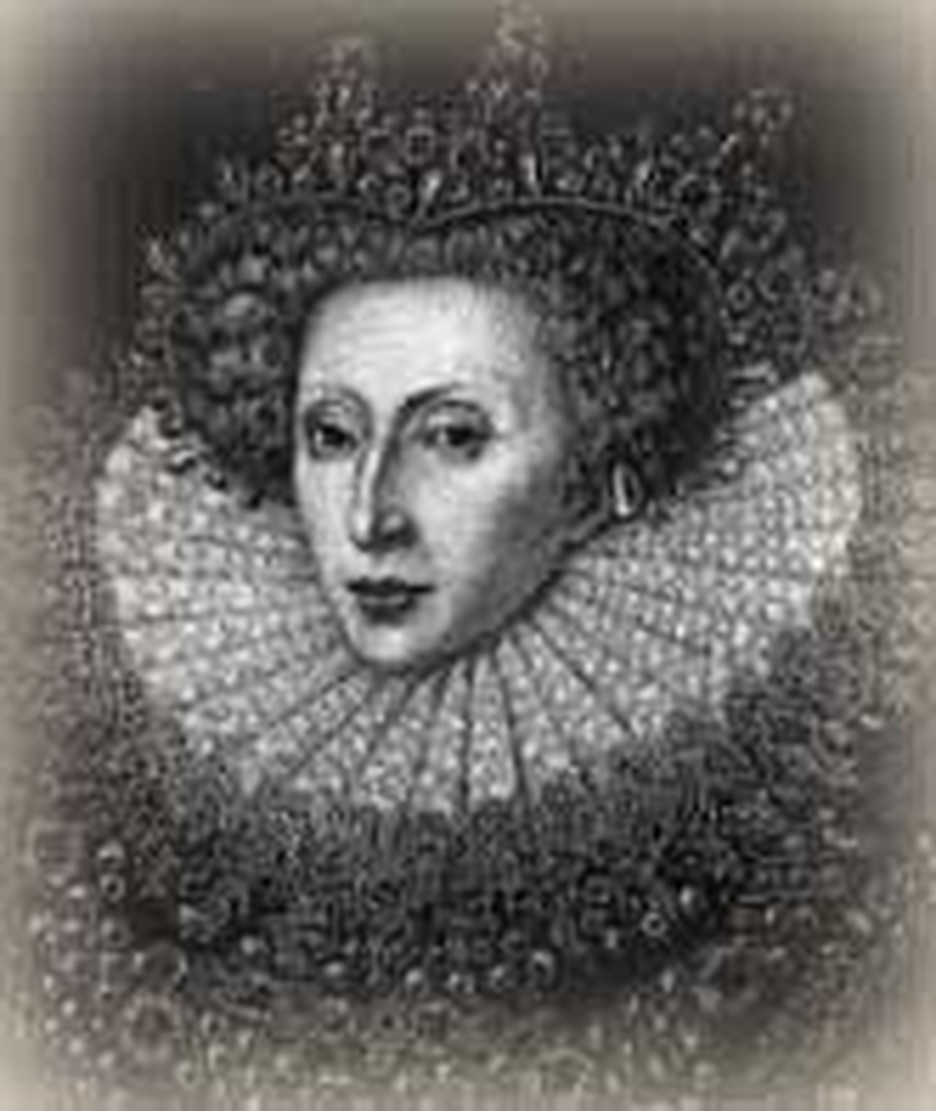
Never heard of John Feckenham? Kings and Queens of the sixteenth century knew him well. He was the last abbot of Westminster but far more influential than his position suggests. A firm Roman Catholic, his religious views remained unalterable despite the changes that made England a Protestant land. And so his fortunes rode a roller coaster.
Henry VIII pensioned Feckenham. When the king died, Feckenham preached strong sermons against the new religious practices creeping into England. He considered them heretical. This led to his arrest and imprisonment under the Protestant king, Edward VI. But when the Roman Catholic queen, Mary Tudor, came to the throne, Feckenham was released from prison and took a leading role in disputing against the Protestants. He also revived the Benedictine order. He tried to save the life of Lady Jane Grey and to convert her to Roman Catholicism and was present at her execution.
Lady Jane appreciated his kindness to her, and hoped he would be shown mercy because of it, but said, "The faith of the church must be tried by God's word, and not God's word by the church; and the same goes for my faith."
Compared to many leading churchmen of the day, Feckenham was indeed merciful. After Wyatt's rebellion, some of Mary's counselor's argued for Elizabeth's death. It was thanks to Feckenham's pleas that she and others were spared. One day his appeals saved the lives of 28 "heretics." During Mary's reign, Feckenham helped established St. John's College and Trinity College Oxford. He preached Mary's funeral sermon, taking his text from Ecclesiastes, saying the dead are happier than either the living or those as yet unborn.
As a member of the House of Lords, he voted against the Act of Supremacy which made Queen Elizabeth I head of the English church. He also preached against the Act of Uniformity which would have standardized religious practices.
Elizabeth was willing to allow Feckenham to stay on--but only on her terms. He must take the oath of supremacy and conform to Church of England practices. Feckenham could not accept these conditions. He held different beliefs. For example, as David Knowles, his sympathetic biographer, points out, Feckenham rejected the "new" doctrine of justification by faith. On this day, May 22, 1560, he was arrested and taken to the Tower of London. Of his remaining years, twenty-four would be spent in imprisonment of one sort of another. Usually this was mild. Often he was merely sent to live with some bishop or another. He controlled his own finances (giving most of his income and inheritances to charity), was allowed to write whatever he wished, and was even permitted to go to the waters at Bath when his health demanded it.
He died in prison, however, at dismal Wisbech Castle, surrounded by other Catholic prisoners, who prepared him for death.
Bibliography:
- Camm, Bede. "Feckenham, John De." The Catholic Encyclopedia. New York: Robert Appleton, 1914.
- "Feckenham, John De." Britannica, 1967.
- "Feckenham, John De." Dictionary of National Biography. Edited by Leslie Stephen and Sidney Lee. London: Oxford University Press, 1921 - 1996.
- Knowles, David. Saints and Scholars: twenty-five medieval portraits. Westport, Conn.: Greenwood Press, 1988, c1962.
- Various internet articles such as http://john-feckenham.biography.ms/


